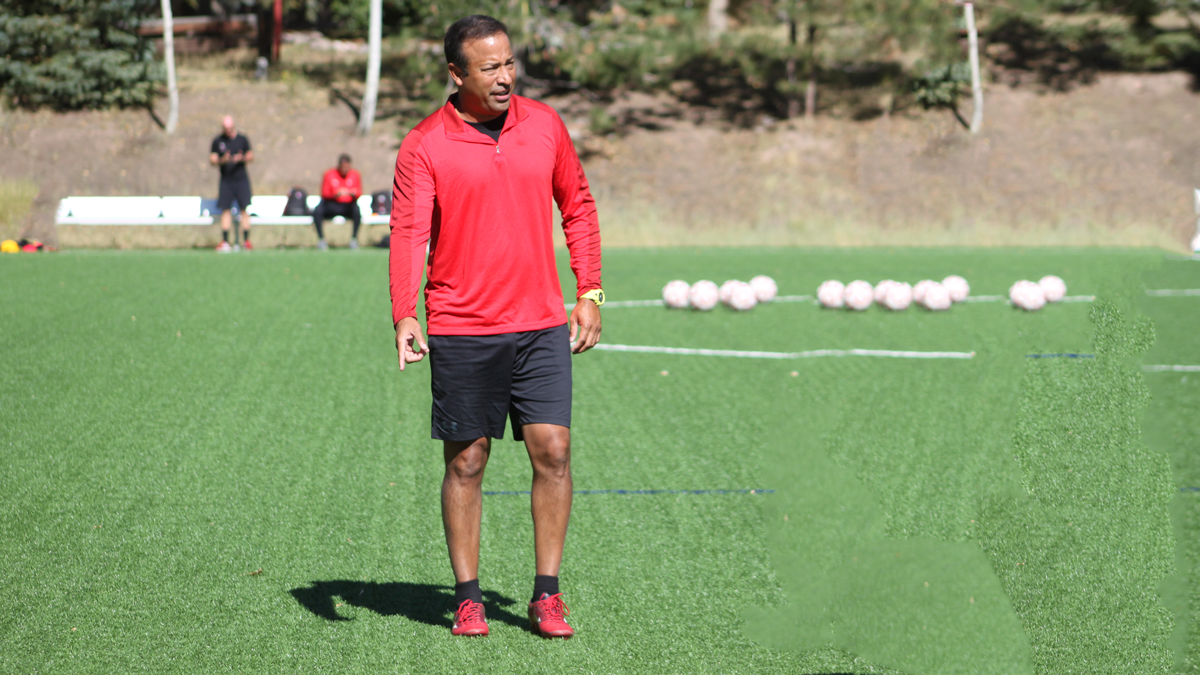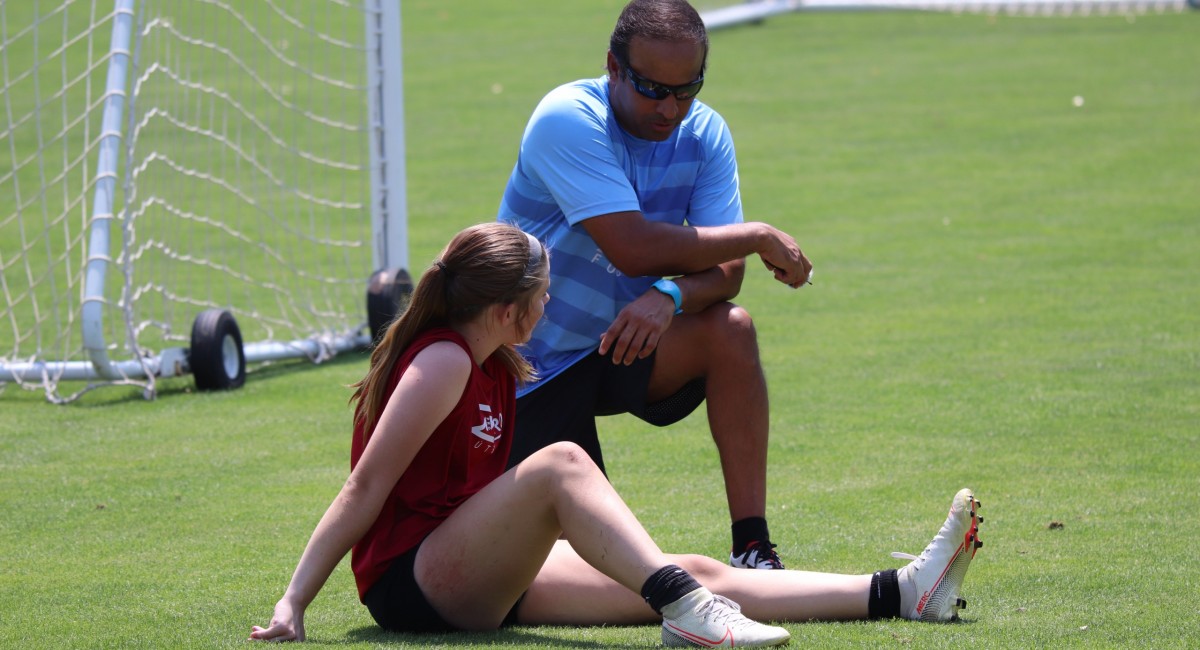Soccer parents with goalkeepers
Young goalkeepers are getting hurt frequently when they dive. The correct training creates confident goalkeepers.

By Zuriel Lozano, international keeper coach, ZPro Futbol®, mentor, Speaker.
Gravity is no joke, but it could be fun.
Many people have seen goalkeepers make impressive dives during games. Parents have seen so many goalkeeper trainings at their club level that they could teach any kid proper diving techniques.
However, not many people understand what it feels like to purposely launch your body into the air several feet above the ground, then let your body absorb a hard landing on the ground?
Throwing yourself into the air a few feet above the ground is not normal nor natural for a human to do. Think about this; If I ask you to step off a 24-inch jump box, you’d probably do it without even thinking about it; you would simply look down and step off.
But if I ask you to DIVE OFF the 24-inch jump box into the air and land on the LEFT SIDE of your body, I guarantee you will likely question your sanity.
Before I dive into why many goalkeepers can’t high-dive properly, it’s important to understand that there are daring athletes who would throw themselves in the air with no fear. In comparison, most other athletes tend to be extra careful. Those who are extra-careful typically learn to high-dive much later, and sometimes they try to avoid it altogether.
“We’ve found that many older goalkeepers who’ve played in goal for a long time and have participated in many goalkeeper camps are still very afraid of doing a high-dive. They were never properly taught to do high-dives; as a result, they keep landing the wrong way and hurting themselves. “
There are two reasons why many goalkeepers can’t high-dive correctly:
- Afraid to get hurt: The human brain is designed to avoid pain & discomfort. This is why humans have a hard time with new changes or anything that challenges them. Goalkeepers who can’t high-dive are more afraid of the HARD LANDING and the pain/discomfort associated with this landing.
- Wrong technique: Today, the youth club programs around the US are inundated with goalkeeper coaches who do not understand the feeling you get when your body SLAMS on the ground because they’ve never done it themselves. Therefore, they assume that teaching a technique that emphasizes low-level dives, footwork & collapse dives would be good enough to “naturally progress” to high-dives and still have safe landings. This is a big mistake!!

Here are a few examples of landing the wrong way:
- Landing on their foot
- Aggressively diving backward,
- Landing on their knees
- Superman dives (landing on their stomachs).
- Continuously wanting to collapse-dive & not get off the ground
- Whiplash dives (where their lower body is already on the way down while they keep their arms up, causing them to whiplash their upper body when they land).
- Landing on hips only without using arms or ball to break the fall.
At ZPro Futbol®, we understand that not all goalkeepers can easily do a high-dive; it takes time & confidence. We build their confidence by providing our goalkeepers with different tools such as crashing mats, sand training, and tons of VISUALS & examples. Furthermore, our drills are designed for athletes to execute without overthinking them; we create an environment where they can naturally move through exercises.
There are more details to share, but we will have to do this in another email. However, understand that high-dives are not just about throwing or kicking the balls high in the air. ZPro Futbol® is constantly searching for the correct tool to provide peace of mind to the athlete and help them believe they can do it again without fear.
Every year, we continue to update how we teach high-dives. Therefore, we have long ways to go, but it is working so far.